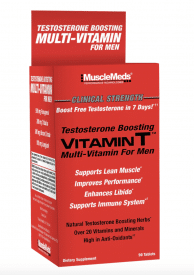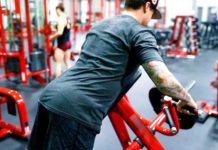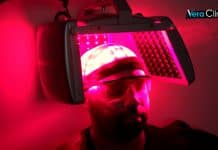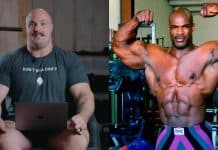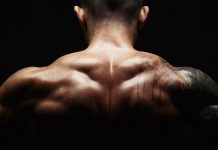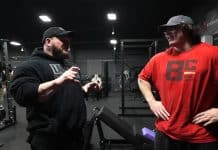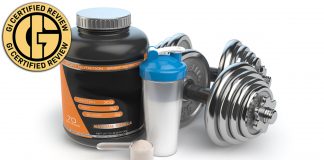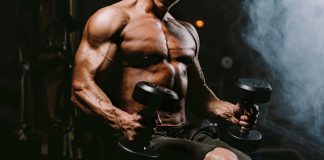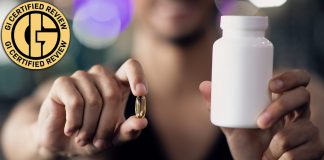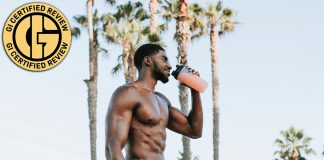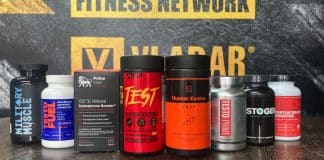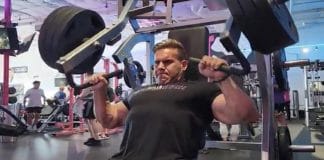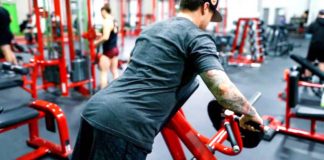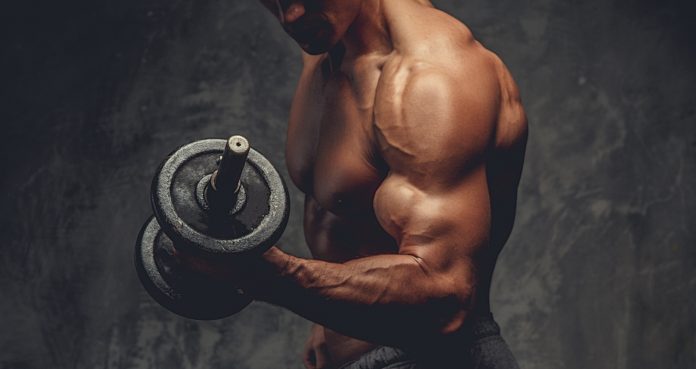
The Sunshine Vitamin for Bodybuilding.
In the Golden Age of Bodybuilding, bodybuilders like the legendary Arnold Schwarzenegger and Franco Columbo would be seen sunbathing on the beaches in Venice in order to get their tan for competitions like the Mr. Olympia. Today’s bodybuilders rely on Pro-Tan and artificial methods of tanning to color the skin, but bodybuilder’s maybe be missing out on getting adequate amounts of Vitamin D. Vitamin D deficiency is a global health problem, and could be contributing to why you aren’t making gains.
With all the medical advances of the century, vitamin D deficiency is still epidemic. Over a billion people worldwide are vitamin D deficient or insufficient. Vitamin D, also described, as “the Sun Vitamin” is a steroid with hormone like activity. It regulates the functions of over 200 genes and is essential for growth and development, so you don’t want to be deficient in it.
Different Forms of Vitamin D and Where to Get Them
There are two forms of vitamin D. Vitamin D2 (ergocalciferol) and vitamin D3 (cholecalciferol). Vitamin D status depends on the production of vitamin D 3 in the skin under the influence of ultraviolet radiation from sun and vitamin D intake through diet or vitamin D supplements. Usually 50% to 90% of vitamin D is produced by sunshine exposure of skin and the remainder comes from the diet. Natural diets most humans consume contain little amounts of this necessary nutrient. Traditionally the human vitamin D system begins in the skin, not in the mouth.
However, important sources of vitamin D are egg yolk, fatty fish, fortified dairy products and beef liver. In addition to vitamin D’s well-known role in bone and calcium metabolism, vitamin D deficiency has been linked to a long-list of health conditions including atherosclerosis.
Vitamin D is critical to the proper functioning of the endothelial cells that line blood vessels. Without sufficient levels of the vitamin, these endothelial cells become more susceptible to damage and dysfunction that ultimately can lead to the development of atherosclerosis as well as arterial calcification.
Vitamin D and Erectile Dysfunction
Given the link between vitamin D and atherosclerosis, Italian researchers conducted a study in 143 men with erectile dysfunction (ED). The men were evaluated for penile atherosclerosis by ultrasound along with blood levels for vitamin D3. Fifty men were classified as suffering from atherosclerotic ED, 28 borderline ED and 65 non- atherosclerotic ED. The average vitamin D level was 21.3?ng/mL and 45.9% of the men had vitamin D deficiency (<20?ng/ml). Only 20.2% had vitamin D levels greater than 30 ng/ml.
The results showed that most men with ED have low vitamin D levels and those with more severe ED had significantly lower vitamin D levels than those with mild ED. Vitamin D deficiency was also worse in those with ED due to penile atherosclerosis than in those men with ED due to other factors.
These results indicate that low levels of vitamin D3 are linked to ED and indicate that vitamin D3 levels should be measured in men with ED. Establishing optimal blood levels of D3 may lead to better endothelial function and reduce/prevent ED. In addition to ED, low vitamin D levels have been associated with reduced testosterone levels and anabolic genes.
Vitamin D’s Role in Muscle Building
Vitamin D is not technically a vitamin or essential dietary factor. Vitamin D is actually a pro-hormone produced phytochemically in the skin. And unlike traditional vitamins, Vitamin D has its own hormone receptor (VDR). A quality testosterone boosting supplement contains zinc (support overall test levels), Vitamin D (supports male reproductive function), fenugreek extract (support bioavailable testosterone within the body), longjack (support a healthy testosterone-to-estrogen balance in older men), etc. Vitamin D and a premium Test Booster supplement can improve sleep, reduce stress and impact testosterone levels.
VDRs are found in at least 36 different organs in the body. To further establish this fact and to see if Vitamin D3 may actually have an anabolic effect, researchers carried out an in-vitro study using muscle cells, insulin, leucine, and Vitamin D. The focus of this study was on the mTOR anabolic signaling pathway in muscle cells.
It is well known that insulin facilitates the activation of the mTOR pathway, particularly high insulin levels. Leucine is a direct activator of the mTOR pathway and in this way can “switch on” protein synthesis in muscle cells. These researchers took muscle cells and exposed them to leucine and insulin, or leucine, insulin, and Vitamin D.
Results demonstrated that the addition of Vitamin D to insulin and leucine significantly enhanced the activity of the mTOR pathway and protein synthesis. The authors conclude that Vitamin D has the potential to directly alter protein synthesis in muscle cells. Additionally, several studies have found that low vitamin D is associated with low testosterone levels.
One study found out that men with sufficient vitamin D levels had significantly higher testosterone levels and lower SHBG count, than men who had insufficient amounts of the vitamin (or hormone) in their blood serum. Another study found out that when healthy male participants take 3332 IU’s of vitamin D daily for a year, they end up having 25,2% more testosterone on average when compared to placebo.
Recommended Multivitamin
MuscleMeds Vitamin T
Men's health is crucial, and from your immune system to your testosterone levels, Vitamin T has you covered!
MuscleMeds Vitamin T includes over 20 vitamins and minerals that are there to keep you healthy, as well as boost your testosterone, making it perfect for bodybuilding. Vitamin T includes your standard vitamins that you will have in a regular multi, such as A, C, D, E, and K, as well as B12, amongst other ingredients such as magnesium and zinc which help with recovery and growth, and there are even more ingredients on top of that included to keep you healthy.
Vitamin T also contains clinically researched herbs and minerals to boost testosterone, including 500mg Fenugreek, 200 mg Tribulus, 100 mg Longjack and 200 mg Boron Citrate. These ingredients combined show signs of boosting testosterone within just a 7 day period.
Wrap Up
Overall, this vitamin is absolutely essential for building muscle and bodybuilding. It has steroid-like effects that can really help when it comes to beefing up. Getting out in the sun maybe be more than just relaxing, it may be anabolic for bodybuilders!
Let us know what you think in the comments below. Also, be sure to follow Generation Iron on Facebook, Twitter, and Instagram.
References:
Barassi A, Pezzilli R, Colpi GM, Corsi Romanelli MM, Melzi d’Eril GV. Vitamin D and erectile dysfunction. J Sex Med. 2014 Nov;11(11):2792-800.
Salles J, Chanet A, Giraudet C, Patrac V, Pierre P, Jourdan M, Luiking YC, Verlaan S, Migné C, Boirie Y, Walrand S. 1,25(OH)2-vitamin D3 enhances the stimulating effect of leucine and insulin on protein synthesis rate through Akt/PKB and mTOR mediated pathways in murine C2C12 skeletal myotubes.Mol Nutr Food Res. 2013 Dec;57(12):2137-46.
Wehr E, Pilz S, Boehm BO, März W, Obermayer-Pietsch B. Association of vitamin D status with serum androgen levels in men. Clin Endocrinol (Oxf). 2010 Aug;73(2):243-8.
Pilz S, Frisch S, Koertke H, Kuhn J, Dreier J, Obermayer-Pietsch B, Wehr E, Zittermann A. Effect of vitamin D supplementation on testosterone levels in men. Horm Metab Res. 2011 Mar;43(3):223-5.
Robbie Durand has been in the sports supplement and bodybuilding industry for 15 years. He has contributed to many national magazines and web sites. He has an M.A. in exercise physiology from Southeastern University and a B.A. in Dietetics from Louisiana State University.




